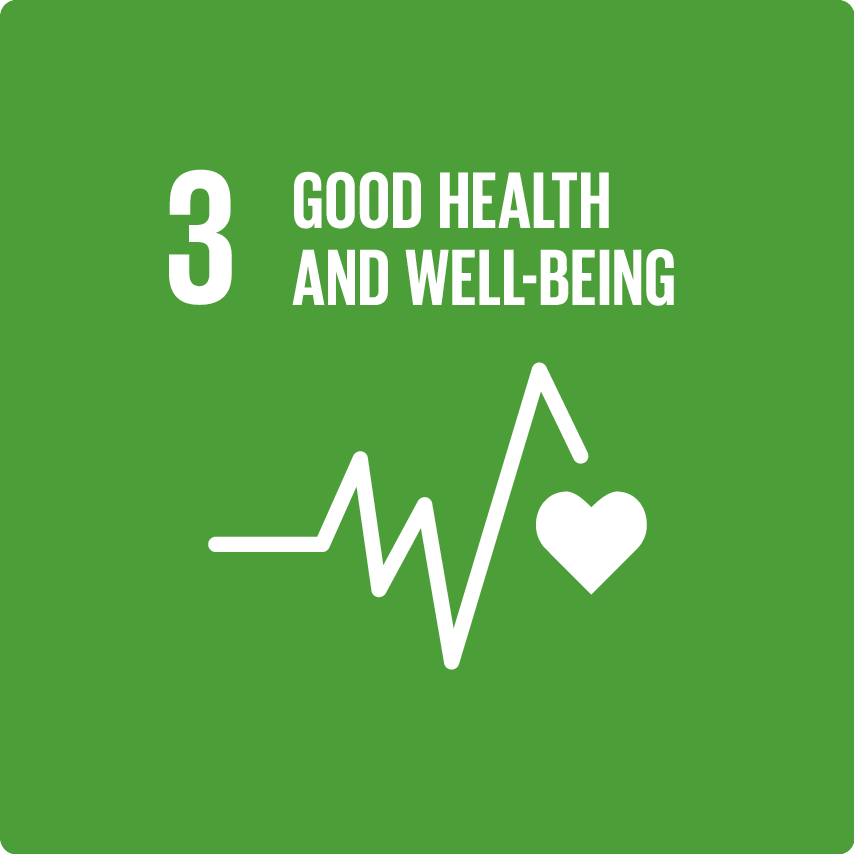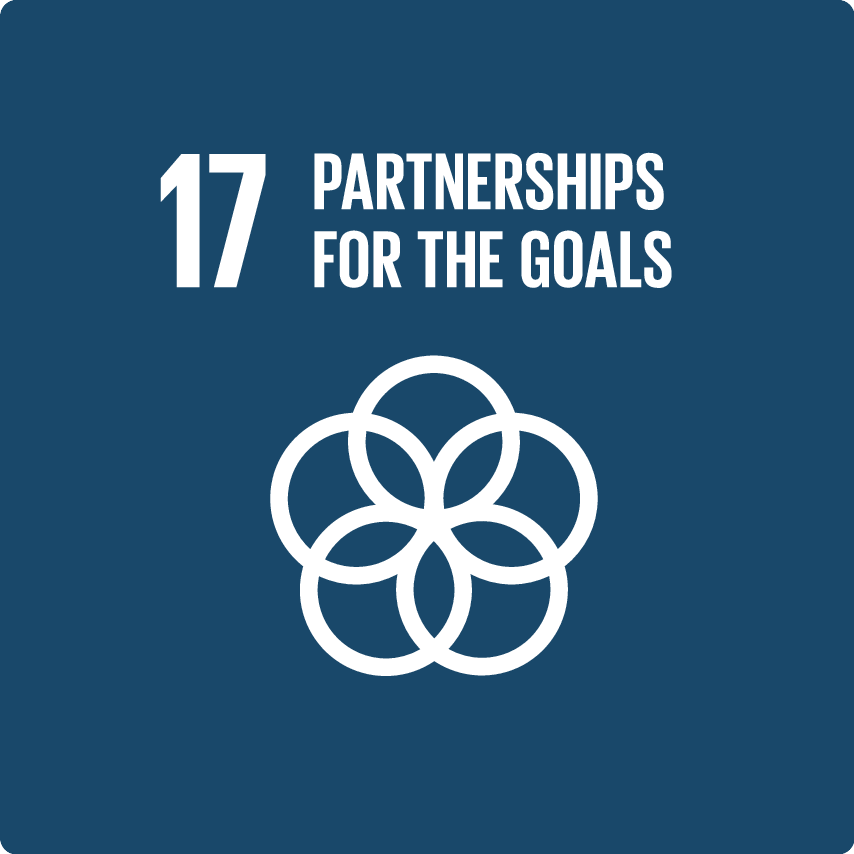TB Drug Development (TB Alliance)
The Global Alliance for TB Drug Development (TB Alliance) brings together industry, NGOs, governments, foundations, and more than 30 partners around the world to accelerate the discovery and development of cost-effective new medicines for TB.
SEE ALL PARTNER ORGANIZATIONS
Objectives
- TB Alliance is a not-for-profit product development partnership (PDP) that leverages its global network of public and private partners to most efficiently advance TB drug development. A PDP builds partnerships between the public, private, academic, and philanthropic sectors to drive the development of new products for underserved markets. PDPs retain direct management oversight of their projects, though much laboratory and clinical work is done through external research facilities and contractors.
- TB Alliance combines the research and development expertise of its staff with the skills and resources of its partners to harness the most promising science wherever it may exist. This model minimizes costs, including overhead and investments in infrastructure, while optimizing scientific capability to speed up new TB drug development.
TB has surpassed HIV as the leading infectious killer of adults worldwide. In 2017, TB caused an estimated 1.3 million deaths among HIV-negative people and an additional 300,000 deaths from TB among HIV-positive people. Globally, the best estimate is that 10.0 million people developed TB disease in 2017 and that one-quarter of the global population has latent tuberculosis infection, of whom approximately 10% will develop active pulmonary tuberculosis disease.
Active TB attacks the respiratory system and other organs, destroying body tissue. The contagious disease spreads through the air by coughing, sneezing, or talking. The current six-month standard treatment period for TB is based on four medicines discovered over 40 years ago. Medicines must be taken for 6 to 8 months, frequently under the direct supervision of healthcare professionals as Directly Observed Therapy – short course (DOTS). A reduced TB treatment regimen should help improve patient compliance, reduce treatment failure rates, and decrease the TB-related health costs in endemic disease countries.
The Global Alliance for TB Drug Development (TB Alliance), established in 2000, is a not-for-profit organization that brings together industry, NGOs, governments, foundations, and more than 30 partners around the world to accelerate the discovery, development, and delivery of better, faster-acting, and cost-effective new tuberculosis medicines. The TB Alliance draws on the best practices and resources of the public and private sectors to accelerate the discovery and development of cost-effective new anti-TB medicines, which should shorten or simplify treatment, provide a more effective treatment of multidrug-resistant TB, and improve treatment of latent TB infection.
The founders of the TB Alliance are the Bill and Melinda Gates Foundation, the Rockefeller Foundation, the US Agency for International Development (USAID), Irish Aid, the Netherlands’ Ministry of Foreign Affairs and the UK Department of International Development (DFID). Company partners have included AstraZeneca, Bayer Healthcare, Eli Lilly, GSK, Johnson and Johnson, and Novartis.
The partnership functions as a virtual R&D organization. By outsourcing medicine research and development projects, medicine compounds are moved along the development line to achieve regulatory approval and come to market at affordable prices for those countries experiencing the highest burden from TB. TB Alliance activities in low- and middle-income countries include clinical trials in Kenya, South Africa, Zambia, and non-clinical or pre-clinical work in China and India.
The TB Alliance has partnered with some of the world’s leading drug developers to jointly manage TB drug discovery portfolios consisting of multiple TB drug discovery programs. This approach aligns target product profiles, makes efficient use of resources, and leverages the expertise and contributions of each partner to have a significant impact on the global discovery portfolio. The TB Alliance jointly manages TB drug discovery portfolios with companies.
- Bayer activities: Pre-clinical studies have shown that moxifloxacin can reduce the treatment period by two months if administered in place of Isoniazid – one of the pillars of current TB treatment.
- The results of clinical phase-II studies support the treatment reduction potential of moxifloxacin. Moxifloxacin is currently approved in 123 countries for treating acute bacterial infections but is currently not approved for treating TB, including multi-drug resistant TB (MDR-TB).
- Moxifloxacin is currently being assessed in a large, phase-III study (REMoxTB) which may result in the registration of the first new drug approved for the treatment of drug-sensitive TB in nearly 50 years.
- In all studies, Bayer has made the antibiotic moxifloxacin available free of charge and, in cases of positive results, will also bear the costs for the approval procedures.
- If the data from the clinical trial is positive, TB Alliance and Bayer Healthcare will seek registration of moxifloxacin as part of a multi-drug regimen for drug-sensitive TB and work to make it widely adopted into existing TB treatment programs and available and affordable to patients who most need it.
- GSK activities: In March 2005, GlaxoSmithKline and the TB Alliance announced a joint discovery partnership to improve the treatment of TB.
- The TB Alliance provides funds to support TB discovery programs at the GSK R&D facility in Tres Cantos, Spain, with GSK committed to at least match the amount provided by the Alliance.
- The program broadens the worldwide TB medicine pipeline by adding several novel classes of compounds with new mechanisms of action. It consists of a mini-portfolio project intended to yield new compounds that attack Mycobacterium tuberculosis (M.tb) on multiple levels. The mini-portfolio comprises various compounds/series identified via phenotypic or target-based screening. Special attention is dedicated to discovering compounds active against M.tb that are not effectively cleared by current anti-TB drugs.
- A shorter TB regimen is expected to improve patient compliance, increase cure rates, and lower toxic side effects, thereby limiting the rise of new resistant strains. A novel TB regimen compatible with HIV treatments would improve TB control and help fight against AIDS.
- In 2016, GSK and TB Alliance agreed on a 5-year extension of the program.
Results and milestones
- In 2021, TB Alliance’s ZeNix, a clinical trial of a six-month regimen for highly drug-resistant TB showed promising outcomes with an overall treatment success rate of around 89%.
- In 2021, 1,845 patients from 31 countries used TB Alliance products to treat drug-resistant TB.
- To date, 15 countries or regulatory bodies have approved pretomanid as part of the BPaL regimen for treating patients with highly drug-resistant forms of TB, and regulatory applications have been submitted to another 17 countries. Eleven countries are actively enrolling patients in operational research to continue collecting evidence and implementing the regimen in other regions.
- In 2021, TB Alliance advanced the development of new TB medicines:
- adding new projects in the Lead Optimization phase
- advancing TBAJ-587 to Phase 1
- completing the process chemistry effort for TBI-223
- publishing pre-clinical results on TBAJ-876 showing shorter and more effective treatment over bedaquiline
- finalizing and presenting results from the ZeNix Phase 3 trial.
- TB Alliance joined three projects under the Innovative Medicine Initiative (IMI): EU-Pearl, ERA4TB, and UNITE4TB. In 2021, the TBAJ-587 clinical trial, the first Phase 1 trial in humans conducted by TB Alliance through the ERA4TB project, completed the Single Ascending Dose and Food Effect cohorts.
- Despite new challenges brought by the COVID-19 pandemic, TB Alliance has increased access to pretomanid as part of the BPaL treatment regimen granting access to this medicine to more than 30 countries. Furthermore, the TB Alliance has given non-exclusive licenses to four high-quality manufacturers to ensure sustainable accessibility of TB medications.
- TB Alliance collaborates with communities to encourage open communication and participation in TB drug research. In 2021, TB Alliance hosted a series of five virtual forums to share and be updated on global partners’ progress.
- On 14 December 2018, TB Alliance submitted its first-ever New Drug Application (NDA) to the US FDA for the review and approval of the drug pretomanid, in combination with bedaquiline and linezolid (collectively known as the BPaL regimen), for the treatment of extensively drug-resistant TB and multidrug-resistant TB that is treatment-intolerant or non-responsive. This application, which the FDA has now accepted for Priority Review, is a significant milestone for the organization.
Geographic Reach
- Global Commitment
Disease Area
- Infectious and Parasitic Disease
Target Population
- Women
- Men
- Elderly
- People with low incomes
Partner organizations
Global Health Drug Discovery Institute (GHDDI)
International Tuberculosis Research Center (ITRC)
PanACEA
Beijing Institute of Materia Medica
Radboud University
Erasmus University
Harvard University
Johns Hopkins University
Texas A&M University
University College London
University of Auckland, New Zealand
University of Illinois
University of St. Andrews
University of Stellenbosch
Weill Medical College, Cornell University
Yonsei University, Korea
Center of Excellence in Translational Research
Hongqi Pharmaceutical
Viatris
Schrodinger
TropIQ
Abbvie
Evotec
Fujifilm
ERA4TB Alliance
Unite4TB Consortium
Irish Aid
US Agency for International Development (USAID)
Korea International Cooperation Agency (KOICA)
Bill and Melinda Gates Foundation
EU-PEARL - Innovative Patient Centric Clinical Trial Platforms
Impaact Group
Ministry of Foreign Affairs Netherlands
US National Institutes of Health (NIH)
Lupin Pharmaceuticals Inc
MacLeods Pharmaceuticals Ltd
KNCV Tuberculosis Foundation
Unitaid
Global Health Innovative Technology (GHIT) Fund
Additional resources
Geographic Reach
Global Commitment
Disease Area
Infectious and Parasitic Disease
- Tuberculosis

